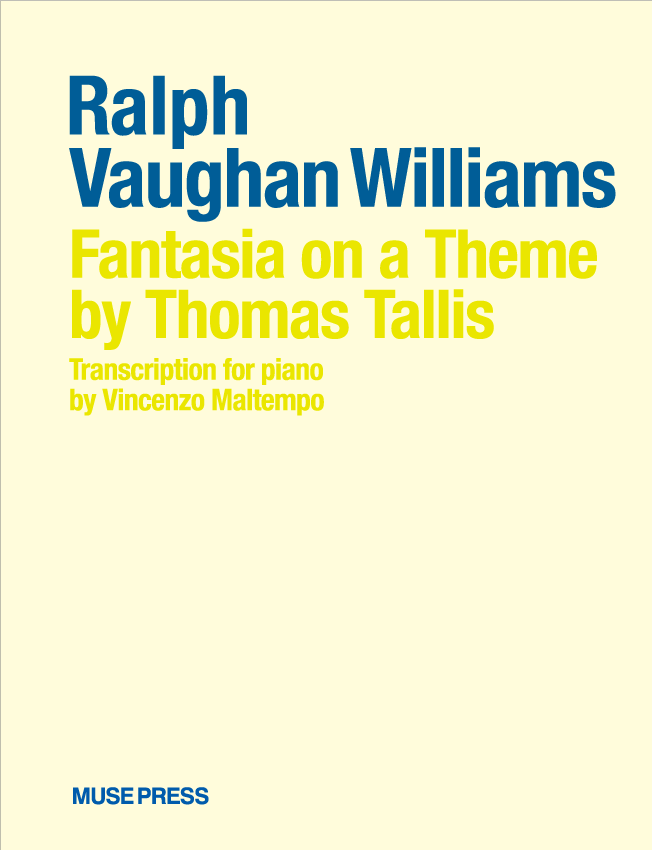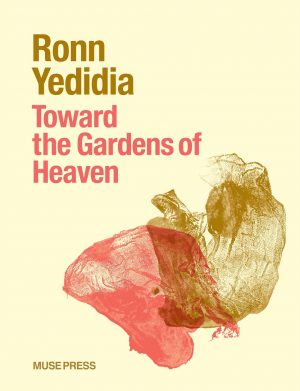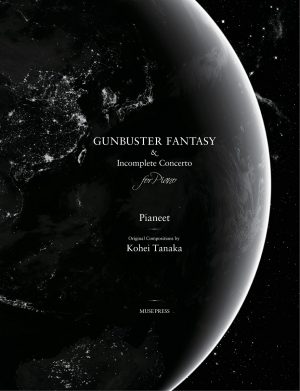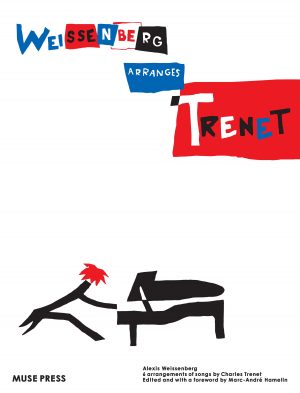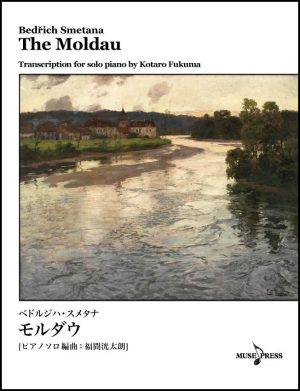Description
A new piano solo arrangement—likely the first of its kind—for one of Ralph Vaughan Williams’ most famous works, “Fantasia on a Theme by Thomas Tallis,” is now available. Vaughan Williams was a prominent composer in the U.K. music scene during the early 20th century.
Thomas Tallis was a 16th-century English composer best known for his choral works. The theme used in this piece comes from the third tune(Psalm II) of his 9 Tunes for Archbishop Parker’s Psalter, titled “Why fumeth in sight the Gentils spyght(Why do the heathen rage, and the people imagine a vain thing?)”.
Vaughan Williams’s original composition was for two orchestras and a string quartet. The hauntingly beautiful Phrygian-mode melody, characteristic of the Renaissance era, leaves a lasting impression.
Preface by Vincenzo Maltempo
Although not as widely known to the general public as other composers of his time, Ralph Vaughan Williams has long held a special fascination for me—particularly through his works for string orchestra. Among them, the Fantasia on a Theme by Thomas Tallis stands out as a mysterious, timeless, and deeply spiritual piece. Written in 1910 and inspired by a 16th-century hymn tune by the English Renaissance composer Thomas Tallis, this Fantasia evokes something ancient yet strangely modern, imbued with a sense of introspection and awe.
What has always struck me about this work is its ability to conjure vast, echoing spaces and to transport the listener into a world suspended between light and shadow. Its layered textures and modal harmonies recall the purity of early English music while simultaneously transcending stylistic boundaries.
This piano transcription is a personal homage to the original, an attempt to remain faithful to its spirit while translating its rich orchestral sonorities into the more intimate world of the keyboard. Rather than aiming for literal reproduction, I’ve sought to reimagine the work’s haunting charm through the lens of the piano—an instrument capable, in its own way, of echoing cathedrals.
Vincenzo Maltempo
April, 2025
Vincenzo Maltempo Profile

